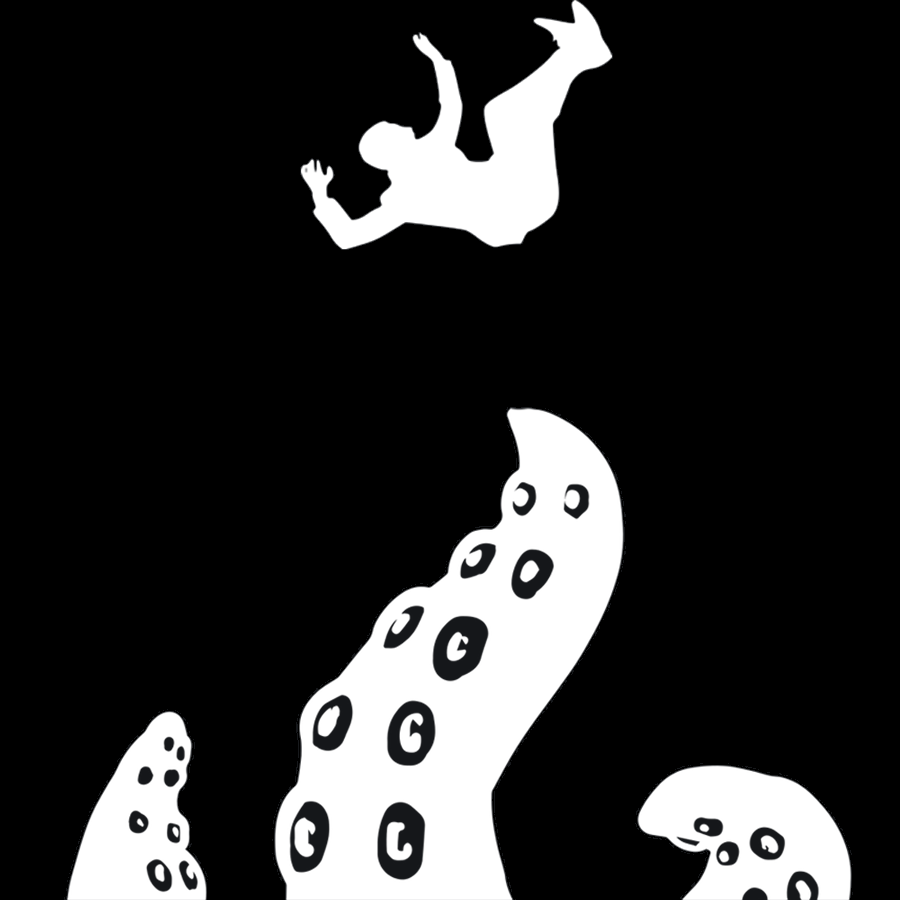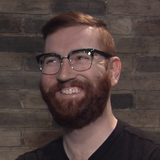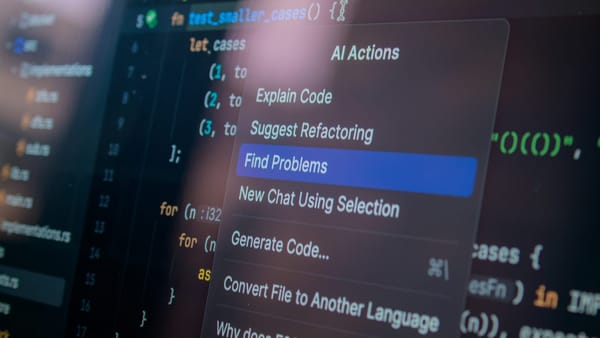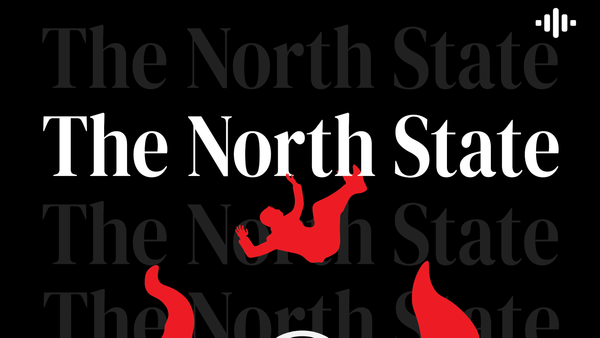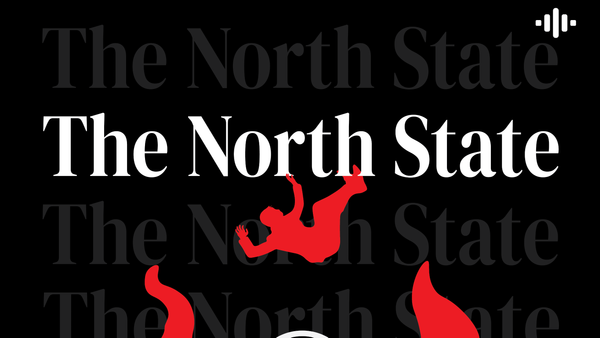Concerning Jesse Brown's Public Meltdown
Let's talk accountability
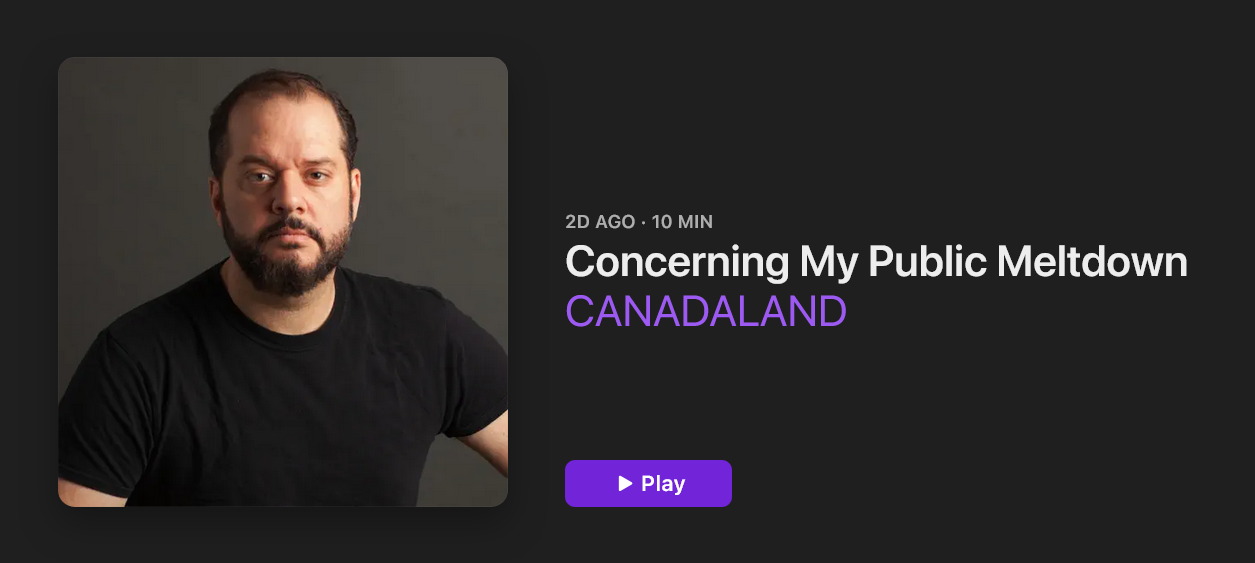
In the years since YouTube, TikTok and influencer culture have overtaken a majority of the internet and public life, there has been much analysis done on the relationship these creators have with their audience. As a result, the term "parasocial," one that has a long history of use in psychology, has become more significantly popularized..
If we deploy the cliché of resorting to the dictionary, Cambridge Dictionary defines parasocial as "involving or relating to a connection that someone feels between themselves and a famous person they do not know, a character in a book, film, TV series, etc., or an artificial intelligence." Similarly, Oxford English Dictionary defines parasocial as "a relationship characterized by the one-sided unreciprocated sense of intimacy felt by a viewer, fan, or follower for a well-known or prominent figure... in which the follower or fan comes to feel (falsely) that they know the celebrity as a friend." In plain English, this is a one way relationship that functionally cannot be reciprocated.
For those who have heard the term before, this exercise may seem repetitive and tedious (and repetitive). However, it would seem that some prominent Canadian news personalities would need these definitions drilled into their heads; namely Jesse Brown.
In a self-admitted "confession and an apology in the form of a crowdfunding appeal." The CANADALAND publisher, founder, host and journalist attempted a mea culpa on his public behaviour since October 7, 2023. As I've written about before, Brown's antagonistic and dishonest behaviour online, as well as in his newsroom, has demolished the credibility of what was once a critical darling of Canadian independent media. Fellow journalists and many of those in his audience have been hoping to see some sort of accountability that would at least show his willingness to admit fault. In a recent episode in the CANADALAND feed, Brown attempts this reconciliation. But no, this is not accountability.
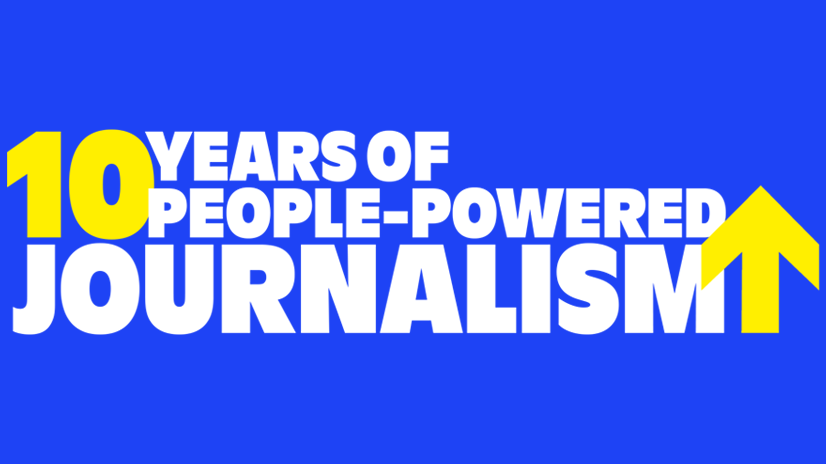
In fact, this episode is yet another exhausting exercise in self-indulgence for Brown. Though his behaviour and the results are detailed in the links provided, explaining the decline of quality requires some knowledge. Thankfully, his attitude can helpfully be explained by dissecting his use of "parasocial" in this episode.
Brown is either unaware of what the word actually means or is choosing to manipulate its usage to boost his own image in the eyes of the listener (ironically). So, it's either incompetence or maliciousness. The charitability of your interpretation will vary, but the incorrect analysis remains.
"These parasocial relationships, it's always described from one direction," Brown pontificates. "You know, like you are the one who has the parasocial relationship with the podcaster or the YouTuber. They don't have one with you." Correct. That's the primary reason why discussion of parasocial relationships would be described that way, in the same way that birds are always described as having feathers and wings.
Brown then says that this description is "not accurate." His justification is that he talks "to you" more than anyone else in his life. He is "thinking about what I have to say to you, more or less all the time."
"So the parasocial relationship is a two-way street. I may not know who you are, but my relationship with you through this microphone, it is one of the most intimate relationships in my life. [Emphasis added by author]"
Brown attempts to convince the listener that he has a falsely intimate "friend relationship" with his audience on the same level that they have with him. Brown could certainly not name each of his listeners, their occupation, or what their voice sounds like. Is that how friends work? (No.) Conversely, while listeners could name these things (and far more depending on their familiarity) of Brown, they do not actually know him. That's what makes it parasocial.
Simply having a relationship to your audience is not a parasocial relationship. It functionally cannot be.
Brown's attempt at an apology also falls flat on its face. There is none for his "public meltdown." He has one apology (outside of saying sorry for getting heavy): not honouring the privilege of having people who still listen. "And for that, I apologize."
Concerning his public behaviour? Here's what he had to say:
"At times, maybe you could tell, I was holding back what I really thought. Other times, I kind of lost it and said too much. Sometimes I said the wrong things. But the core thing that I owe you, my honest thoughts about what I think and what I know, I haven't always been able to give to you."
CANADALAND's disingenuous article claiming that Shree Paradkar was kicked out as an ombud position due to antisemitism is still up. In fact, Paradkar was transferred to a unionized role at the time. Brown has not apologized for uncritically platforming a figure that harassed Rachel Gilmore. He hasn't apologized (or taken accountability) for editing an episode of Shortcuts that featured Justin Ling and Paris Marx concerning statements that Israel was committing genocide. He also has not apologized for comparing activists protesting Indigo Books, for CEO Heather Reisman running a foundation that raises money for foreign recruits to the Israeli military, to "hanging a noose outside a business where Black people work.” These activists were subject to pre-dawn raids by the Toronto Police for postering an Indigo building.
No, Brown's sorry that he hasn't valued those still listening enough. In regards to his public meltdown; He's simply sure he "may have said the wrong thing" (whom amongst us?).
While this approach is bizarre in plenty of ways, it also does not ring as honest. Brown claims CANADALAND's new series on antisemitism in Canada helped him "come to some sense of terms with it all." Unfortunately, his new series already appears to have some holes in its reporting. One user in the podcast's subreddit attempts to recreate Brown's stating that "a Jew in Canada is nine times more likely to be a victim of a hate crime than a Jew in the United States." Brown attributes these figures to Statistics Canada. As the user writes, "Canada and the U.S. don’t collect hate crime data in the same way, so statisticians wouldn't make direct comparisons. You'd also need to define the denominator — how many Jews in each country, you'd have data collected over the exact same time period, using the same hate crime categories, and the same methodology. That data doesn't exist."
The user also cites a piece in Independent Jewish Voices by Sheryl Nestel, PhD, which further explains the problems of gathering antisemitic statistics in Canada. Important points from the article: criticism of Israel is often included in these statistics, the bias of Zionist organizations like B'nai Brith and some opportunistic use of antisemitism claims to shield from other concerns of racism.
This, of course, is not to say that a series on Canadian antisemitism is pure disinformation. In fact, these points raise how important it is to seriously examine antisemitism and the fog surrounding it. However, Brown seems uniquely positioned not to be able to conduct that journalism. His utter failure to accurately convey what "parasocial" means in an appeal to his audience, his omission of tangible examples of his behaviour which he could apologize for, and the holes already poked in preliminary claims made in the news series, casts serious doubt on this being a truly credible project.
Brown's attitude towards his audience in this episode can be summed up in one word: disrespectful. In feigning an apology, he hopes to convince those unsatisfied with his behaviour that he has attempted some level of accountability. There has been none. But in journalism, trust is the most important asset. If you break that trust, the walls close in. It must be regained.
Unfortunately, that process is extremely difficult if you continue to behave in the same way that broke that trust.
